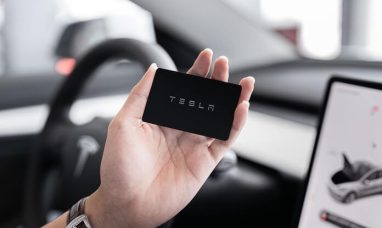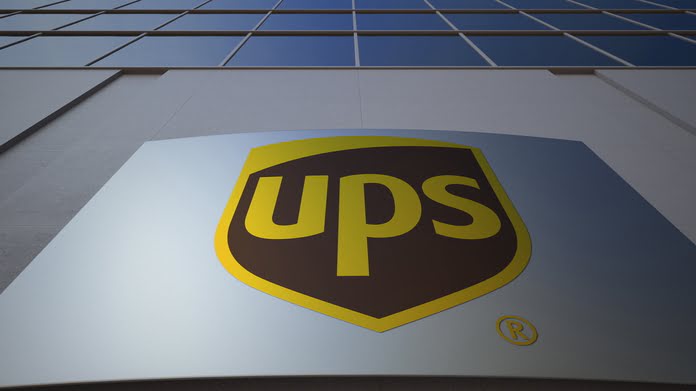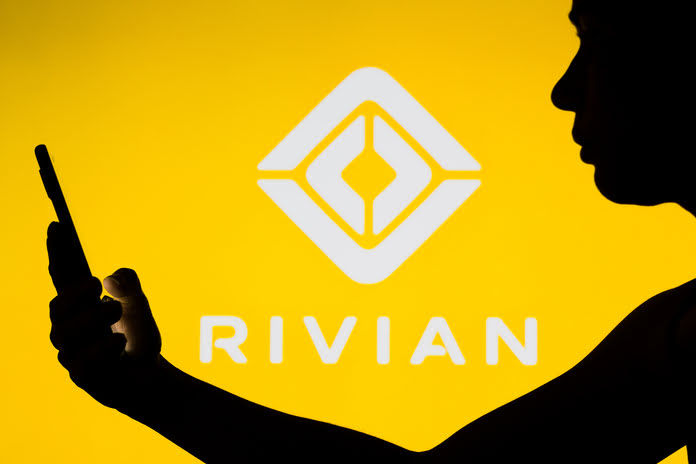Elon Musk’s Twitter Deal
On April 25, Tesla (NASDAQ:TSLA) founder Elon Musk made a $44 billion bid to acquire Twitter (NASDAQ:TWTR).
Initially, the deal seemed to be a significant win for Elon Musk who would have control over one of the most influential social media platforms, boasting millions of users ranging from ordinary folks to the powerful elite, including celebrities and political leaders.
In a statement announcing the deal, the tycoon said that free speech was the bedrock of a functioning democracy and Twitter was like a digital town square where vital issues concerning the future of humanity could be debated.
He revealed that he wanted to make Twitter better than it was by improving the platform with new features, open sourcing the algorithms to increase trust, eliminating spam bots, and authenticating all humans.
Three months later, after a public standoff with the social media’s management, Musk decided to withdraw from the deal, citing a material breach of terms.
Bots or Putin
In an SEC filing, Musk revealed that he wanted to pull out of the deal due to disagreements regarding the number of spam bots or fake accounts on the platform.
According to Musk’s lawyers, he terminated the acquisition agreement because Twitter was in breach of multiple provisions of that agreement and had made false and misleading representations which Musk had relied upon when entering into the agreement and would likely have a material adverse effect.
Twitter, on its part, had always maintained that bot accounts constituted less than 5% of its total accounts.
Following Musk’s decision, Twitter decided to sue him in Delaware Chancery Court. A five-day trial is set to start on October 17, just a week before the deadline the two parties had set to seal the deal. Twitter is asking the court to force Musk to finalize the deal.
Recent hearings before the court have disclosed messages Musk sent to a Morgan Stanley banker on May 8. According to the messages, Musk explains that it doesn’t make sense to continue with the deal if the world is gearing up for a third world war. Morgan Stanley was a financial partner in the deal.
Elon pointed to a May 9 speech by Russian president Vladimir Putin who invaded Ukraine in late February. By the time Musk sent the messages, the conflict had shown no signs of cooling down, and observers feared Russia would escalate its attacks.
On September 6, Bill Savitt, Twitter’s attorney, read a message from Musk in court where the billionaire suggested slowing down the process for a few days due to Putin’s speech expected the next day. He continued by saying that it didn’t make sense to buy Twitter if the world was on the verge of world war III.
Mixed Results
The next day after Musk’s message, Putin spoke on the 77th anniversary of the allied victory over Nazi Germany, where he defended his decision to invade Ukraine by saying it was the only right decision. Putin claimed that the west was planning to invade Russia.
According to Twitter’s lawyers, the messages demonstrate that the billionaire’s decision to terminate the deal stemmed not from the bot accounts but concerns over his financial position. They also suggest that the downturn in financial markets was another reason that caused Musk to pull out of the deal.
On the September 6 hearing, Elon’s lawyers rejected these claims and said that the plaintiff hadn’t given any evidence to support their assertions. Twitter obtained his private messages as part of the discovery process in the lawsuit.
Elon is coming off mixed rulings in court in what has been a fierce legal battle. He was allowed to add whistleblowers’ allegations to support his decision to end the deal, but Chancellor McCormick refused attempts to postpone the trial.
Featured Image- Megapixl @Ververidis













